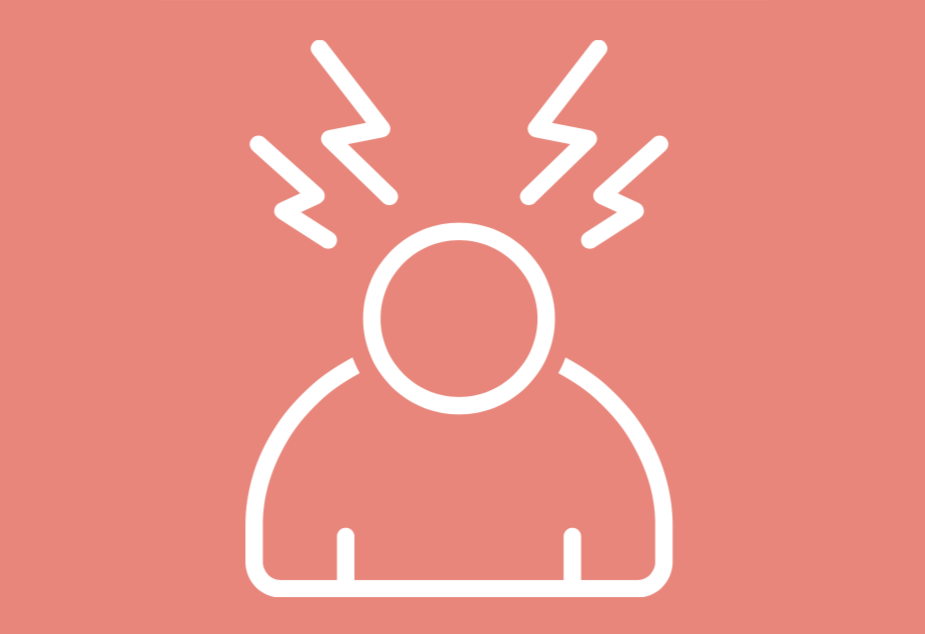Burn-out – what you should know

“Burn-out is the result of too much energy output and not enough energy self-invested. In other words, it’s burning more fuel than you’ve put in your tank.”
– Melissa Steginus
What is burn-out?
In May this year, the World Health Organisation officially recognised burn-out as an “occupational phenomenon” resulting from “chronic workplace stress that has not been successfully managed.” While not classed as a medical condition, a detailed description of the condition is included in the 11th Revision of the International Classification of Diseases (ICD-11).
Burn-out is a chronic condition. It is the result of subjecting your body and mind to chronic stress. Stress is that fight or flight mode causing you to take urgent action. When you are burnt out, you can’t bring yourself to fight, take flight or care about which one you should have chosen. Oh dear.
The ICD-11’s official definition of burn-out covers three areas:
- Exhaustion and energy depletion
- Mental distance from your job
- Reduced workplace productivity.
That all sounds very clinical. The lived experience is a bit more like this:
1. Emotional symptoms
- Exhaustion – unrelenting, unremitting exhaustion
- Feeling overwhelmed
- Apathy – not being able to find pleasure in work. This feeling may spill over into non-work time too.
- Emotional lability, quick to anger, feeling upset
- Feeling undervalued.
2. Physical symptoms such as:
- headache
- stomach ache
- intestinal issues.
3. Reduced performance
- Mainly affecting everyday tasks
- Very negative feelings about tasks
- Reduced creativity
- Difficulty concentrating.
Burn-out shares many symptoms with depression. Unlike depression, however, burn-out does not include the sense of hopelessness and loss of sense of self.
Causes
Whilst being in a high-stress job increases your risk of developing burn-out, stress alone does not cause burn-out. A few factors need to co-occur:
- Excessive workload
- Constant time pressures
- Lack of control over the what and how of your day.
- Poor alignment of your work to your personal values
- Dysfunctional teams/organisation
- Little or no support, especially when this is lacking from your immediate manager.
- Lack of recognition for your work
- Monotonous low-stimulation work
Like so many conditions, not all of these factors need to be present to cause burn-out, but one factor alone doesn’t seem to be enough.
Risk indicators
Certain personality traits and lifestyle and work-related factors may put you at greater risk of burn-out, particularly if you are already under stress. Some traits and factors to be aware of are listed below:
- Perfectionists
- Reliable, conscientious workers
- When work is very important to your sense of self and regarded as a core part of how you define yourself
- People in caring roles or roles where they are giving of themselves, such as service roles or where high levels of empathy are required.
Solutions
As a result of the type of person who experiences burn-out, if you are truly burnt out, suggestions to ‘take a holiday and relax’, or ‘take time out’ don’t really work. Being far away from work doesn’t mean your brain goes on holiday with your body. In fact, your head might spend the whole time worrying about the work you haven’t done, the emails awaiting your return and on and on. Uh oh.
If a holiday doesn’t help true burn-out, what’s the answer? The following activities can help you deal with burn-out or overcome the negative effects.
- Exercise – this is the number one strategy individuals experiencing burn-out find the most helpful by a country mile.
- Meditation
- Talking to others
- Mindfulness
- Improved sleep
But don’t wait until you are past the point of no return with burn-out, recognise the warning signs early and take action before you cause further emotional and physical damage. You’ll be in a far worse place if you ignore the impending signs of burn-out instead of looking after yourself.
Okay, now that I’ve finished researching and writing this blog post I committed to doing this month, it might be time for a walk…
P.S. Do you think you might be experiencing symptoms of burn-out or want to know how vulnerable you might be to burn-out? This confidential questionnaire can help you identify feelings and experiences that may contribute to burn-out for you.

 Rehab Connection
Rehab Connection 